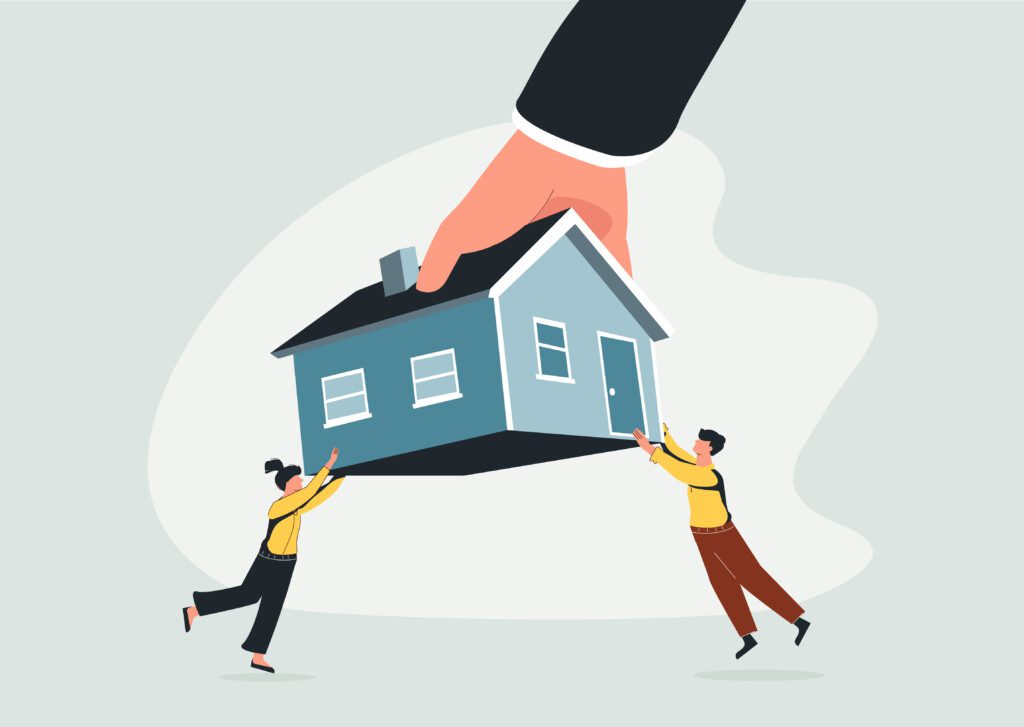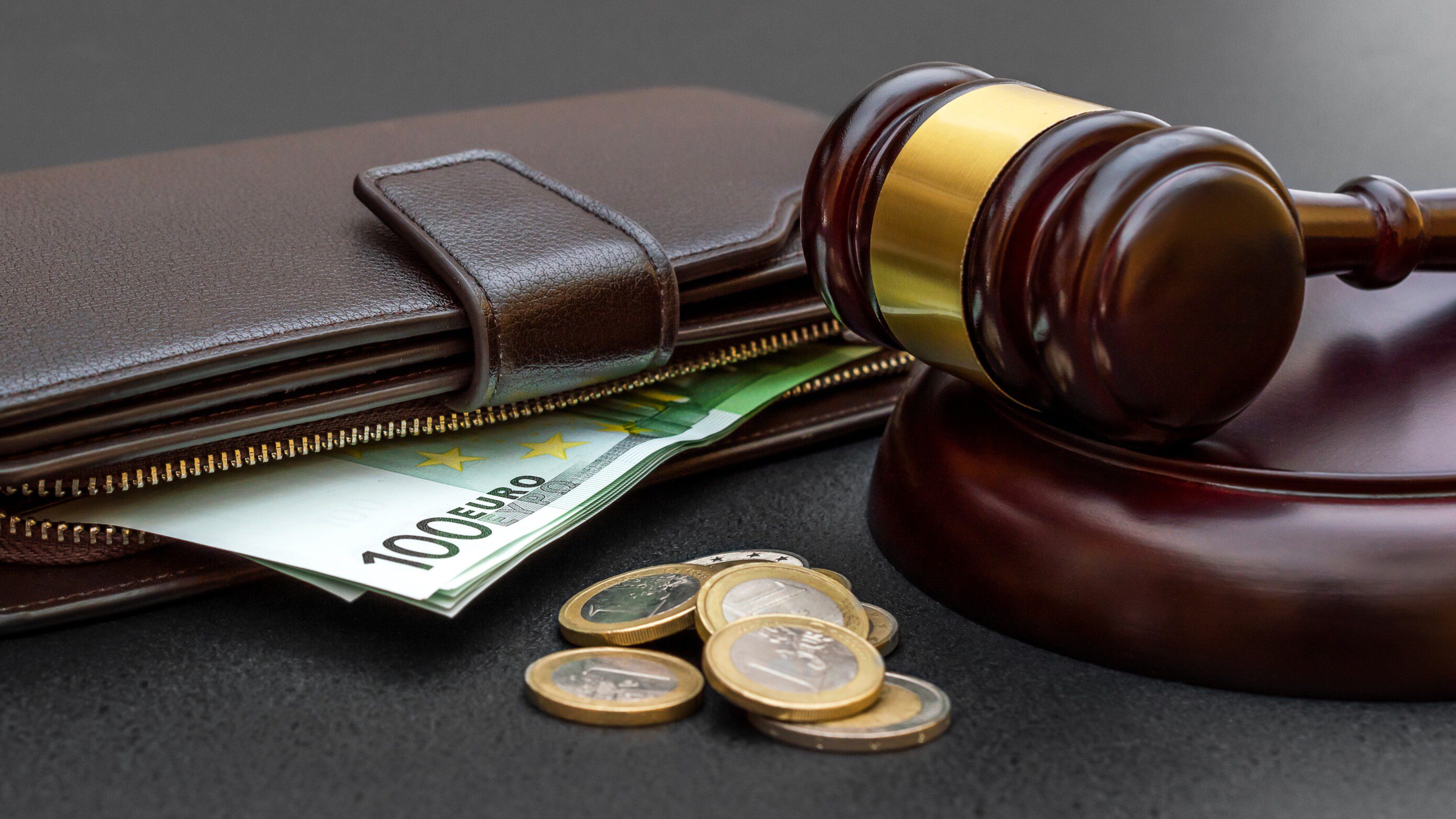Thomas Jefferson once said:“Never spend money before you have it.” While this is good advice, we must remember that he was born in the 18th. century. No one needed a 30-year payment plan to buy a house back then. Cars did not exist and every person who had a job could afford to provide the basic necessities. Since then, there has been progress in almost every direction. But when it comes to finances, not everyone is so well off. Therefore, many people have to turn to banks or other financial institutions to help them. Whether it’s a mortgage or you’re simply a few months behind on your bills, taking out a loan has become a very common and often necessary step. However, the problems start as soon as you can’t make the repayments.
What happens when a person stops paying their mortgage?
Once a person stops paying their mortgage or loan, they are subject to foreclosure. In the case of foreclosure, it is a legal process that occurs when a debtor fails to make specified repayments. This results in the property or other assets falling into the ownership of the lender (usually the bank). Usually, foreclosure is the last resort for lenders to recover their investment after a borrower has defaulted on a mortgage for several months.
How to avoid foreclosure?
Not being open with the lender would not help you in any way. The first thing you should do if you are having trouble paying your mortgage is to contact your bank as soon as possible to discuss your situation. In many cases, bank staff are willing to work with you to modify your mortgage payments, extend your loan maturity or offer the option of forbearance.
If you can no longer repay your loans, consider debt relief options such as consolidation or debt management. These options will help you settle your debts into one manageable payment, reduce interest rates and help you avoid foreclosure.
Working with a qualified foreclosure prevention counselor can also be very helpful. It can help you negotiate with creditors and explore all available options. A number of free foreclosure prevention services are available across the EU. Or they only ask for minimum rates. The sooner you take the identified steps, the better.
What are the consequences of defaulting on a personal loan?
Personal loans are another type of debt that can be a source of financial stress. This is an operation where a creditor (financial institution) lends a borrower a sum of money which must be repaid with interest. However, it doesn’t have to guarantee anything, which is why it is more affordable. Although personal loans may not lead to foreclosure or repossession, failure to repay them can result in serious financial consequences such as wage garnishment, legal action and, last but not least, reputational damage.
How to avoid disqualification and pay freezes?
When it comes to personal loans, the best way to avoid being unable to repay them is to carefully consider your ability to repay them before you apply. This means that you first need to assess your current financial situation, create a budget, and determine whether you can afford to make any monthly loan repayments.
If you fall behind on your loan repayments, contact your lender as soon as possible to discuss your situation. Lenders may be willing to work with you to modify the terms of the loan, extend the loan term or offer the option of deferring repayments. It is important to communicate with the lender and keep them informed of your situation to avoid being unable to and stop repaying the loan.
If you are struggling with multiple loans or other forms of debt, consider debt relief options such as consolidation or debt management. These options can help you consolidate your debts into one manageable repayment, reduce interest rates and avoid a situation where you stop paying the loan.
Know your rights
If you receive a notice from a collection company or debt collection firm regarding your personal loans, respond immediately and verify the debt. Collection agencies are required to provide proof of the debt they are collecting, and it is important to have them check that the debt is actually yours and that the collection company is entitled to collect it. In addition, be aware of your rights under the European Union’s debt recovery regulations and, if necessary, seek legal advice to protect your rights and avoid unfair debt recovery practices.
Personal bankruptcy
Personal bankruptcy is a legal procedure that allows individuals to get rid of their debts and start afresh. It may seem tempting to declare bankruptcy. However, it is a drastic measure that should only be considered and implemented when all other options toget rid of debts have been exhausted . Declaring personal bankruptcy is not only complicated and time-consuming. Taking this step will also result in a reduction in your credit, it will be permanently entered on your record, and most importantly, you may be forced to give up some or all of your property. It can be any personal property, investments and even your house.

I work in Athens . Can you help me avoid garnishment of wages?
In the company Atena we believe in openness and are happy to discuss all options with you. No matter what the problem is, we would do everything in our power to help you solve it. Of course, we can’t change a court order or eliminate your debts. But we can most likely find an ideal and suitable solution for you based on the specific situation you are in. For 15 years of operation on the market, we have encountered many obstacles. It is very unlikely that we have never dealt with a situation similar to yours.







